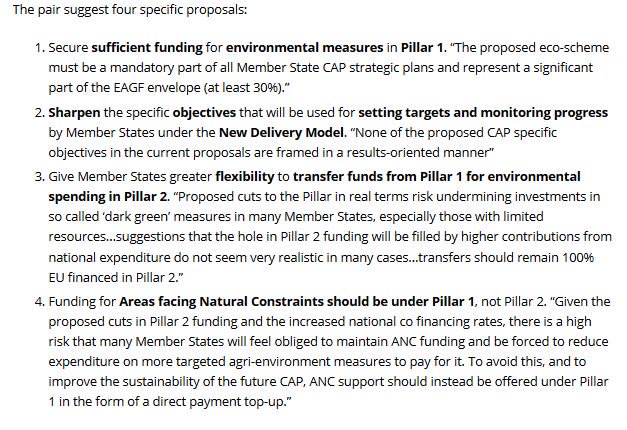Me : When practices or activities industrialise, it can take 20 years for the laggards to accept it as a "new norm" and that's after the decade or so it takes to actually become the new norm.
Me : No. The gulf in engineering talent is miniscule. Netflix who happily competes with Amazon gets its engineering talent from you. The problem is at the executive layer and then the next few layers down into management.
Me : Yes.
X : I don't agree.
Me : You wouldn't. You have too much inertia and capital invested in yourself. The company will fail but you'll make a nice return along the way, so relax. Your legacy is a comfortable life and a lot of hacked off employees.
Me : Your response of "We need better engineers" is a dead giveaway, a telltale sign that your strategic capability is hopelessly outgunned and looking to blame another.
X : Can we fix this?
Me : Yes, retire.
Me : You could improve but you won't. You have too much inertia, it'll be embedded in your culture with a few pockets screaming against it.
Me : Not we but you. There is nothing that YOU can do other than make a nice little earner through dividends, share buy backs, sweat assets and acquire similar for more sweating (i.e cost cutting) and then short the company when AMZN enters.
Me : No, as long as they're honest.
X : I haven't lied.
Me : Your opening gambit should have been ... "I'm a CEO, we've got great people, I'm worried about Amazon, I don't know what I'm doing and I need help"
X : and?
Me : Maybe. Maybe not.
Me : I can't give you an answer. I can only show you how to view a landscape. You still need to find someone to play the game, to add thought. That requires seeking help from your own people including the engineers you think you need "better" examples of.
Me : In the short term? Maybe not anything obvious i.e. you might still have to embark on a similar path of cost cutting etc but it will be done with an intention, a focus of where you're going. There will be a play more than "better engineers".







